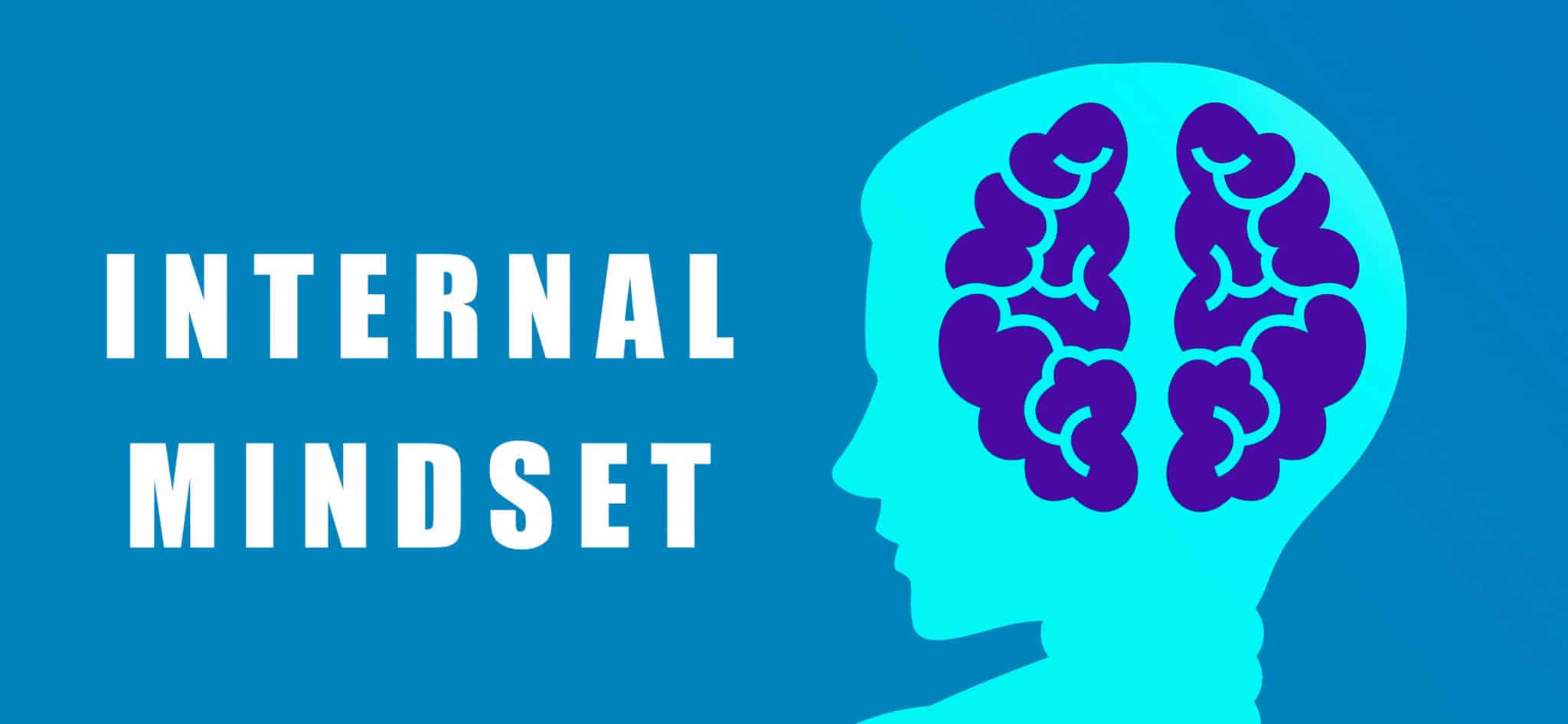Critical takeaways
- Both the external and internal environment present challenges in a crisis but a crisis leaders internal mindset is the only one that we can guarantee control over.
- Exceptional crisis communicators understand this and are more effective as they aren’t distracted by events beyond their control.
- Apply these recommended techniques to focus internally and become more effective as a communicator, counselor, and leader in a crisis.
Preparing and training crisis leaders for how to seek control of the outside environment is something which we excel at and we’ve spent years building and developing the tools and techniques to assist with this. We offer a risk framework for organizations to better understand their risks and to help them respond appropriately. We’ve created an equation for crisis success, built training regimes, and run countless simulations to help organizations improve their ability to control what goes on outside when things go awry.
However, we also recognize that, no matter how well prepared an organization is, the outside environment can resist attempts to bring it control. This difficulty brings to mind a quote by self-help author Wayne Dyer.
“You cannot always control what goes on outside, but you can always control what goes on inside.”
So while we believe that preparation is key to success in a crisis, preparation alone is no guarantee that you will be successful. A realistic, positive mindset is also necessary but it has to be a mindset that acknowledges the limits of control.
This understanding that only the internal space is within our control reflects the mindset and behavior I’ve seen exhibited by exceptional, world-class crisis communicators. Exceptional for their clarity, humility, and their ability to respond to a critical moment with grace and fortitude.
One thing that these individuals all shared was a keen understanding of their internal voices and and mindset.
Here, internal applies less to the organization and more so themselves, meaning that these exceptional individuals combine objectivity and a high degree of crisis EQ, which sets them apart from others. Although some of their ability reflects a naturally humble, contemplative character, you can improve your own inner awareness by paying attention to and practicing some of these techniques.
First, you have to recognize the fear that will be present in the team and yourself during a crisis. However, once you have acknowledged the fear, and understand that this is a natural emotion, you will be able to move beyond it and start to deal with the problems you face.
Second, you have to be confident in your ability to give the best advice you can in-the-moment, knowing that things might change. Listen to your instincts and draw on your experience and pattern recognition to offer the best advice possible at that time. Knowing yourself, and having inner confidence, will allow you to overcome the fear of being wrong which can lead to inaction and indecision. Remember, in a fast-moving crisis, decisions will have to be adjusted and updated as the situation changes: there is no perfect plan.
Third, help your organization be human. If an apology is required, make it. If someone needs to resign, help make that decision and see it through. These are internal actions that are wholly within the control of the organization but are difficult nevertheless. Help the organization exhibit its humanity and sense of ethics by assisting with these difficult decisions and then share this story sensitively but effectively.
Fourth, have the confidence to speak truth to power. In critical moments there is often significant fear, not of the situation itself but of swimming against the tide and offering a different, unpleasant point of view. However, as communicators, we must share the harder, unvarnished truth, to help decision-makers understand the situation thoroughly so they can make better choices.
Finally, know yourself and always be learning. Recognize your strengths and weaknesses and how you have developed and changed over time. You also have to know your organization, its people, culture, and history. And keep learning: make sure that you are self-reflecting and taking note of changes and lessons-learned as you and the organization adapt and mature. Play an infinite game and don’t limit yourself.
This introspection and attention to the internal reflects an idea that goes back to the Stoic philosopher Epictetus: “Make the best use of what is in your power, and take the rest as it happens”
Understanding that you can often only control your internal environment, and developing the tools and techniques necessary to effect control, are fundamental shifts in mindset for many. However, this shift in mindset is a critical differentiator between those who excel in a crisis and those who struggle. We focus on this in Kith Academy — training communicators to excel in times of crisis, sought out by the organization’s leadership.
Everyone will do whatever possible to control what goes on outside, but the exceptional communicators understand that they can always exercise greater control inside. This understanding and control of what goes on inside them and their organizations is what allows them to be effective – often exceptional – counselors, advisors, and leaders when it is time for them to step up.


